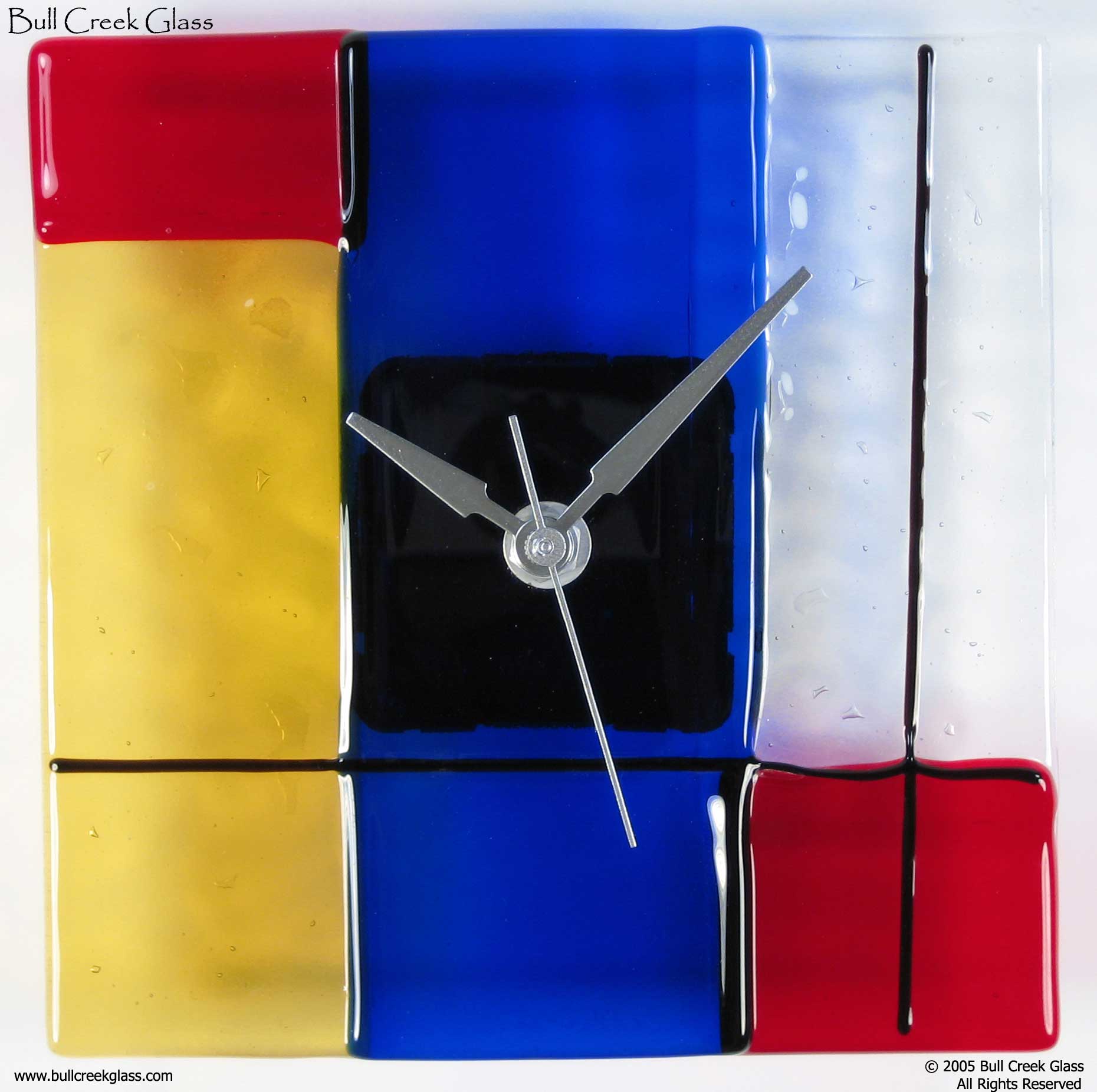
Watch the video and find the sentence that will best describe the picture.




 To have (Avoir) or not to have that is the question.
To have (Avoir) or not to have that is the question.


Pour un art poétique
Prenez un mot prenez en deux
faites les cuire comme des oeufs
prenez un petit bout de sens
puis un grand morceau d’innocence
faites chauffer à petit feu
au petit feu de la technique
versez la sauce énigmatique
saupoudrez de quelques étoiles
poivrez et mettez les voiles.
Où voulez-vous donc en venir ?
A écrire vraiment ?
A écrire ?
Raymond Queneau.





 Now that you have practised well, click on the picture to test yourself. Can you note the differences between the English and French way of writing? Here is a clue. Look at the first letter.
Now that you have practised well, click on the picture to test yourself. Can you note the differences between the English and French way of writing? Here is a clue. Look at the first letter.

 Clique sur les maisons pour apprendre le vocabulaire et décrire la maison de tes rêves.
Clique sur les maisons pour apprendre le vocabulaire et décrire la maison de tes rêves. 
 Quel est le nom du peintre qui a peint ce tableau?
Quel est le nom du peintre qui a peint ce tableau?







 L O: To read a passage describing every member of the family.
L O: To read a passage describing every member of the family. L O: To learn to tell the time in French
L O: To learn to tell the time in French L O: To talk about your favourite activities.
L O: To talk about your favourite activities.Lyrics of the song: "J'aime skier". Listen to the song and do the actions.
You will find some verbs in red and some in blue. Could you work out why? What is the difference? write your answers in the comment box. Don't forget to write how many times you heard, J'aime skier.
 L.O. To Pronounce the words correctly and speak like a native.
L.O. To Pronounce the words correctly and speak like a native.